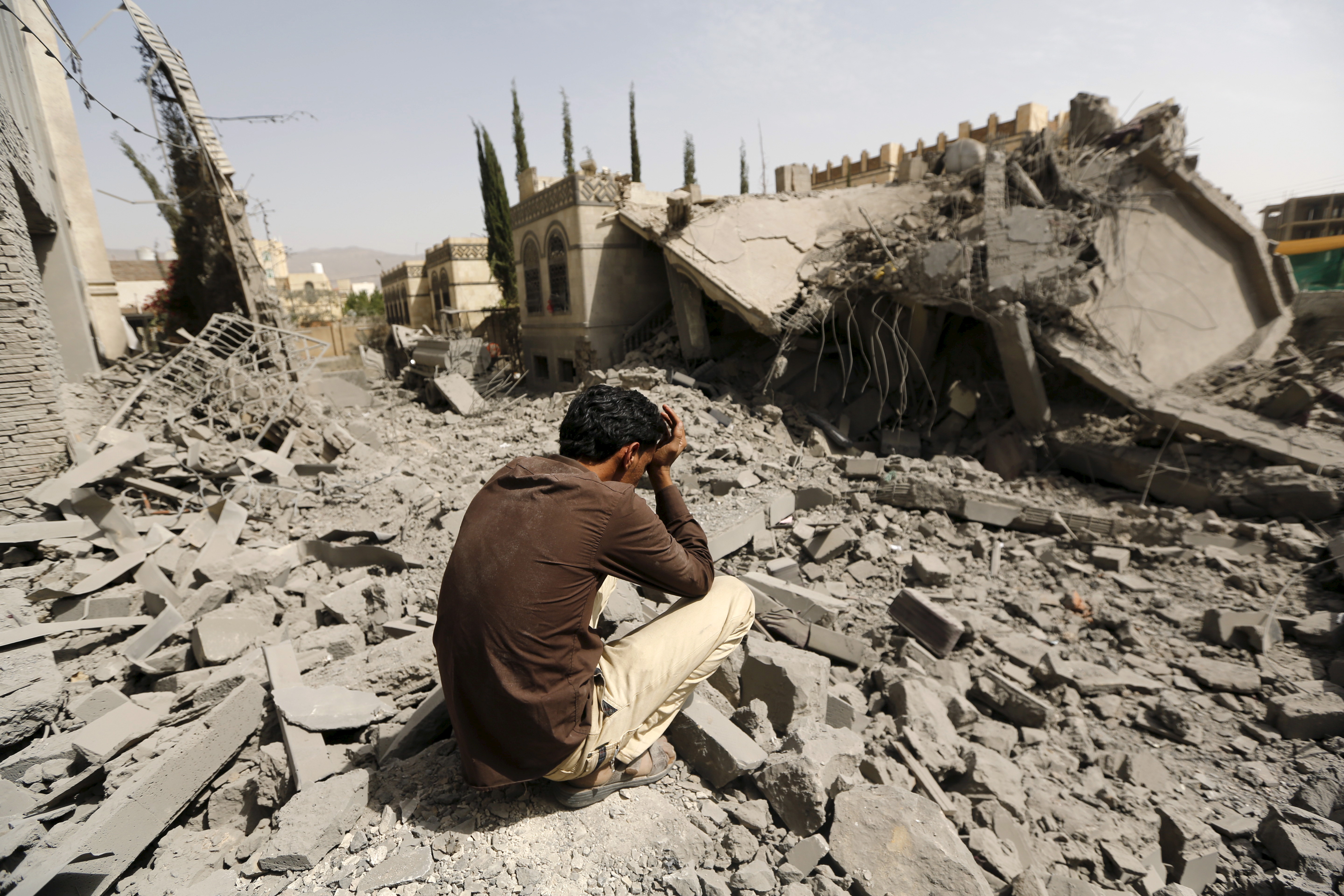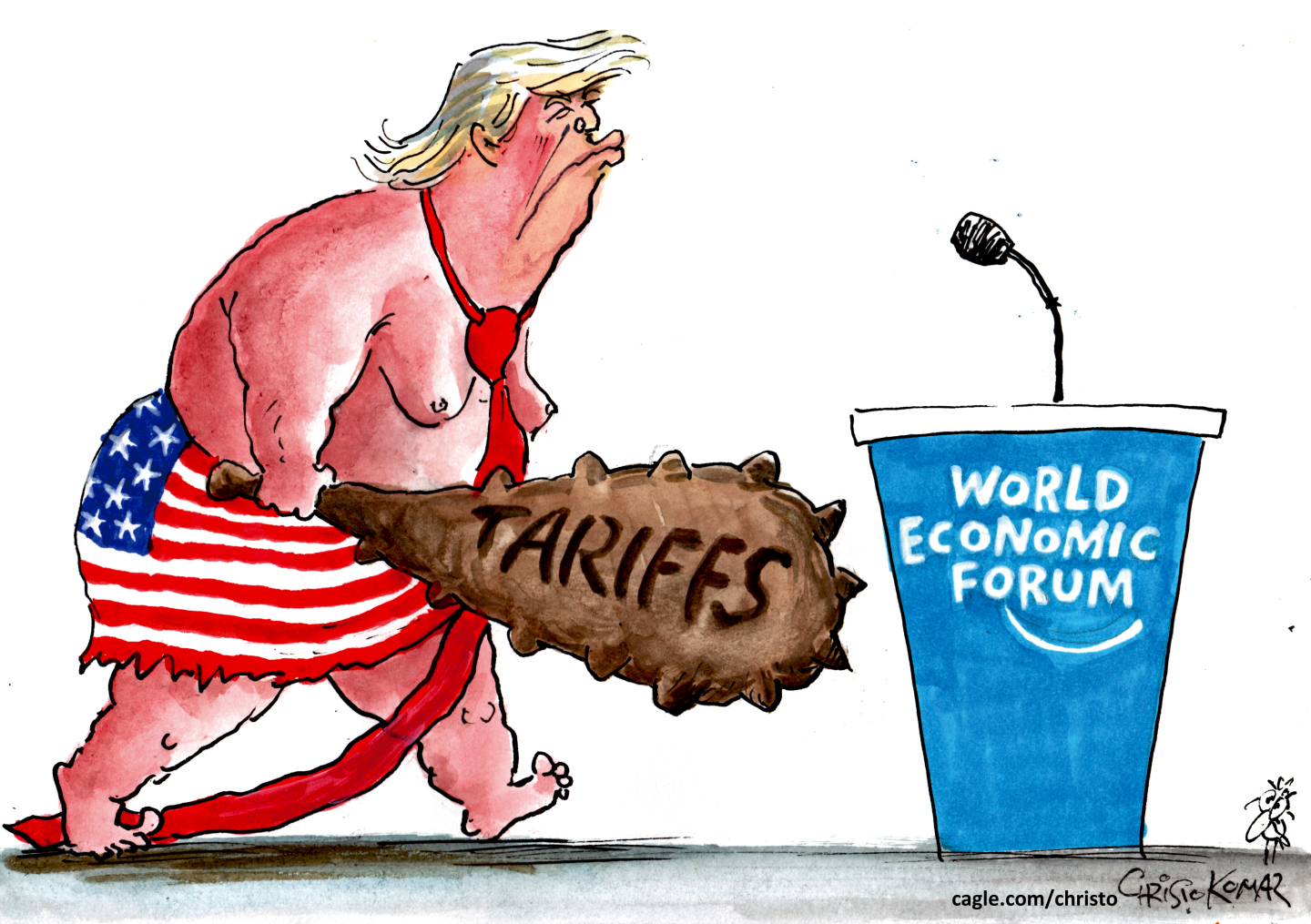How America creates terrorists
Enabling Saudi war crimes isn't just a moral atrocity. It also increases the risk of terrorist attacks.


Yemen is in hell. Over the past few weeks, Saudi Arabia has tightened its strangling blockade of the country, trying to starve out the Houthi rebels as part of a quasi-proxy war with Iran.
America is directly participating in this blockade. It would not happen without our sufferance, and we could stop it at any moment. It's precisely the kind of thing that fuels furious anti-American hatred and terrorism.
"This humanitarian catastrophe, this famine ... is being caused in part by actions of the United States of America," Sen. Chris Murphy (D-Conn.) said in an excellent speech on the floor of the U.S. Senate. The Saudi "coalition" uses American weapons, aimed using American-provided targeting data, delivered mostly on American jets, which are in turn fueled by American tanker planes. At every point we are enabling Saudi war crimes — and conversely, if we told them to stop, they would do so in an instant.
The Week
Escape your echo chamber. Get the facts behind the news, plus analysis from multiple perspectives.

Sign up for The Week's Free Newsletters
From our morning news briefing to a weekly Good News Newsletter, get the best of The Week delivered directly to your inbox.
From our morning news briefing to a weekly Good News Newsletter, get the best of The Week delivered directly to your inbox.
The Saudis are barely even pretending that what they're doing is attacking the Houthi military. The overt objective is collective punishment: to inflict enough disease, starvation, pain, and death on the Yemeni population that they give up. Back in 2015 the Saudis deliberately bombed the electricity grid, which supplied power to the water treatment plant for Sanaa, the country's capital. A month later, with fuel supplies blockaded, the plant ran out of diesel and shut down. A cholera outbreak, which is predicted to reach over one million infections by the end of the year, was the predictable — and probably intended — result.
And it's gotten worse. As Murphy says, the blockade has: "barred ships from delivering life-saving food, fuel, and medical supplies. A 25,000-metric-ton World Food Program ship is currently as we speak being denied access to the port. Hospitals and aid organizations inside Yemen are shutting down as we speak, because they do not have enough fuel to continue operating. Vaccines will run out inside the country within the month."
Last week, perhaps enabled by the Trump administration's signals of unflinching support, the Saudis tightened the blockade, completely shutting down all sea, air, and land transport routes into Yemen. On Tuesday, Saudis again bombed the Sanaa airport, shutting down U.N. humanitarian aid flights, which were the only ones using the facility.
Deliberately starving an entire country is a grave war crime, specifically a violation of Geneva Convention IV, which protects non-combatants and to which Saudi Arabia has agreed. It forbids the targeting of hospitals (which the Saudis have done), the blockading of food and relief supplies, and in general deliberate harm of civilians as an act of war.
A free daily email with the biggest news stories of the day – and the best features from TheWeek.com
There are about 28 million people in Yemen, and roughly half of them are under age 16. Suppose you were a young person growing up in, say, Buffalo. Not the most prosperous part of the region, but not a dystopian hellhole either. But then suppose Canada, using French-built planes and weapons, and logistically supported by the French military, swooped in and started bombing all the power plants, hospitals, airports, and water treatment facilities for the city. Suppose France-armed troops set up roadblocks on all the roads connecting to the city, and French-built Canadian ships refused to let any ships on Lake Erie dock there. Further suppose that Canada was doing this not because of any direct conflict with Buffalo itself, but as part of a proxy war with Mexico, which was supposedly backing some rebel groups in the city.
After disease and starvation set in, would it be very surprising if some percentage of Buffalo residents developed a furious, incandescent hatred of France? Or if they dedicated their entire lives to destroying the French state and making the French citizenry (who had incidentally barely paid any attention to the disaster) feel some of the pain and misery that they had felt while watching their homes destroyed, their city bombed to smithereens, their family members slowly starving or vomiting themselves to death?
In the unhinged period after 9/11, noting the possibility of domestic blowback for overseas atrocities was often cast as excusing terrorism, if not being in league with al Qaeda. In reality, it is simply noting cause and effect. It is a grotesque moral atrocity to enable Saudi war crimes, but it also increases the risk of terrorist attacks. By all means, the American state should take steps to protect the country from terrorism, but we must also avoid fueling the violence and political chaos in which terrorism thrives.
Ryan Cooper is a national correspondent at TheWeek.com. His work has appeared in the Washington Monthly, The New Republic, and the Washington Post.
-
 Ryanair/SpaceX: could Musk really buy the airline?
Ryanair/SpaceX: could Musk really buy the airline?Talking Point Irish budget carrier has become embroiled in unlikely feud with the world’s wealthiest man
-
 Claudette Colvin: teenage activist who paved the way for Rosa Parks
Claudette Colvin: teenage activist who paved the way for Rosa ParksIn The Spotlight Inspired by the example of 19th century abolitionists, 15-year-old Colvin refused to give up her seat on an Alabama bus
-
 5 contentious cartoons about Donald Trump at Davos
5 contentious cartoons about Donald Trump at DavosCartoons Artists take on weaponized tariffs, a cheeky offering, and more
-
 Panama and Canada are negotiating over a crucial copper mine
Panama and Canada are negotiating over a crucial copper mineIn the Spotlight Panama is set to make a final decision on the mine this summer
-
 Why Greenland’s natural resources are nearly impossible to mine
Why Greenland’s natural resources are nearly impossible to mineThe Explainer The country’s natural landscape makes the task extremely difficult
-
 Iran cuts internet as protests escalate
Iran cuts internet as protests escalateSpeed Reada Government buildings across the country have been set on fire
-
 US nabs ‘shadow’ tanker claimed by Russia
US nabs ‘shadow’ tanker claimed by RussiaSpeed Read The ship was one of two vessels seized by the US military
-
 How Bulgaria’s government fell amid mass protests
How Bulgaria’s government fell amid mass protestsThe Explainer The country’s prime minister resigned as part of the fallout
-
 Femicide: Italy’s newest crime
Femicide: Italy’s newest crimeThe Explainer Landmark law to criminalise murder of a woman as an ‘act of hatred’ or ‘subjugation’ but critics say Italy is still deeply patriarchal
-
 Brazil’s Bolsonaro behind bars after appeals run out
Brazil’s Bolsonaro behind bars after appeals run outSpeed Read He will serve 27 years in prison
-
 Americans traveling abroad face renewed criticism in the Trump era
Americans traveling abroad face renewed criticism in the Trump eraThe Explainer Some of Trump’s behavior has Americans being questioned
